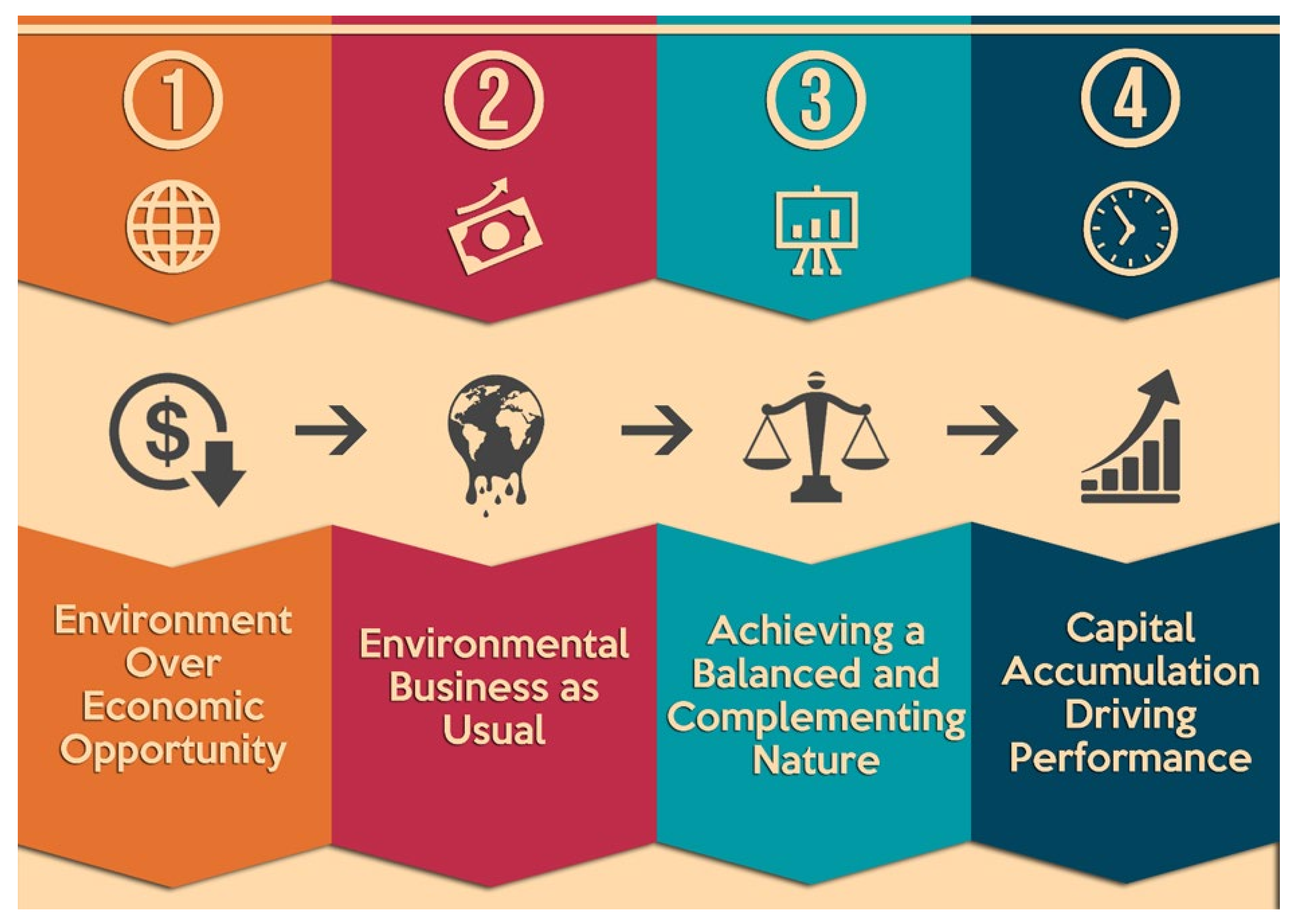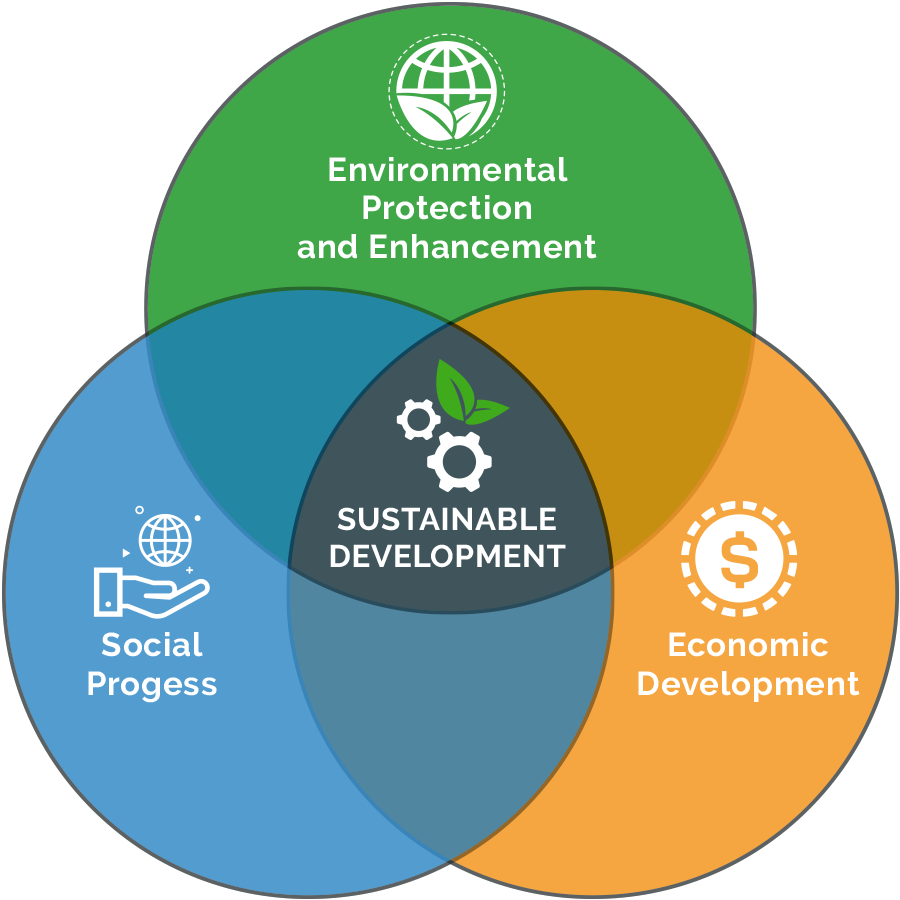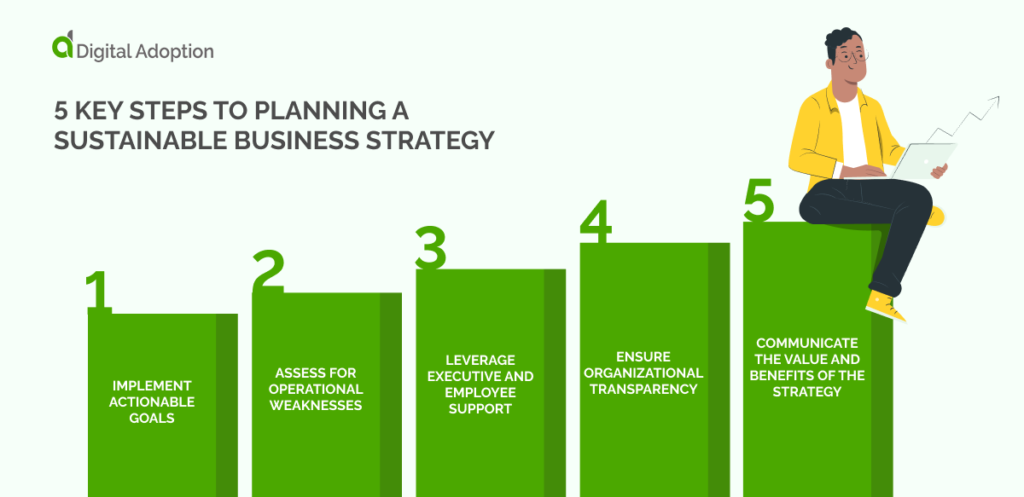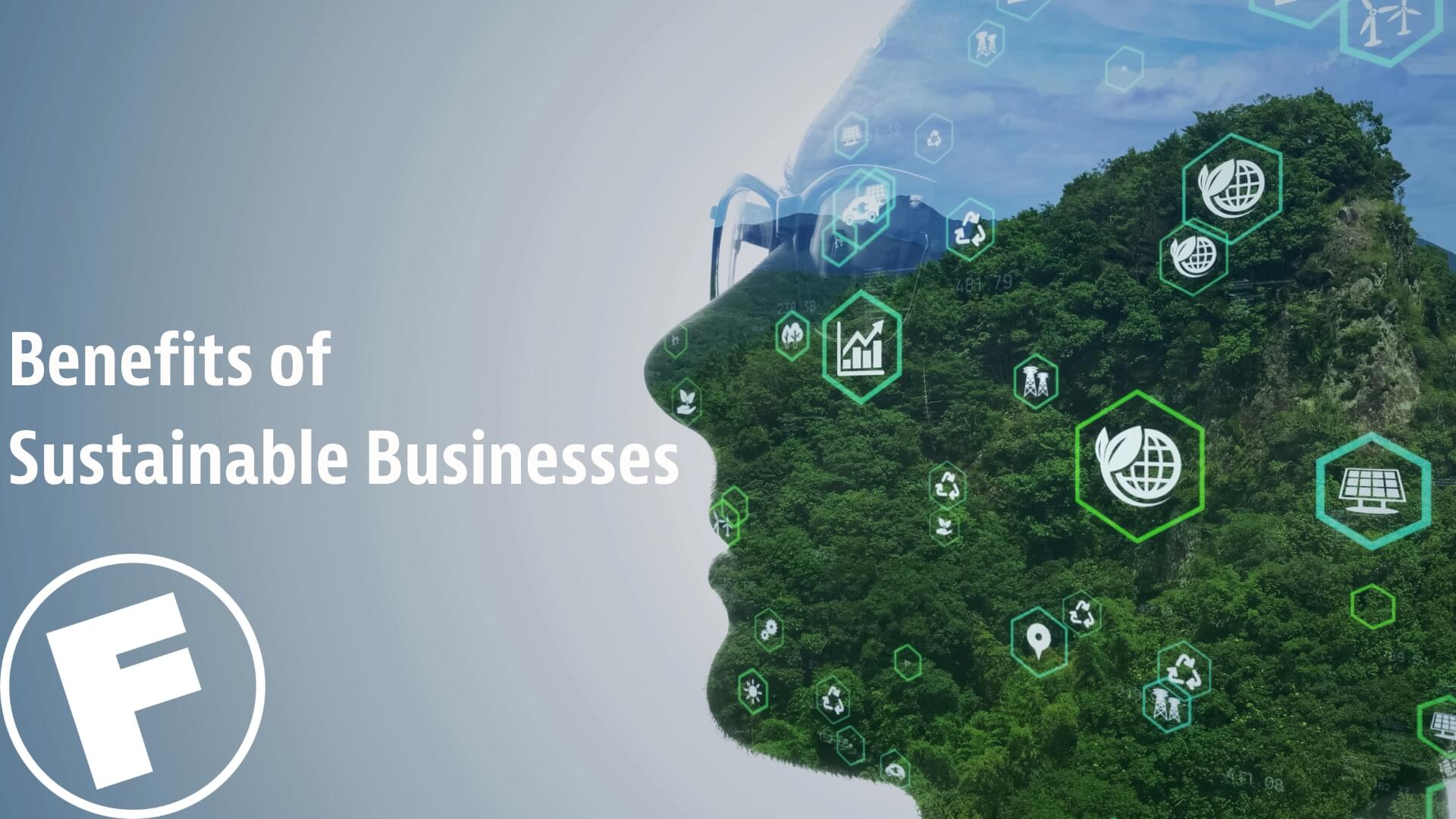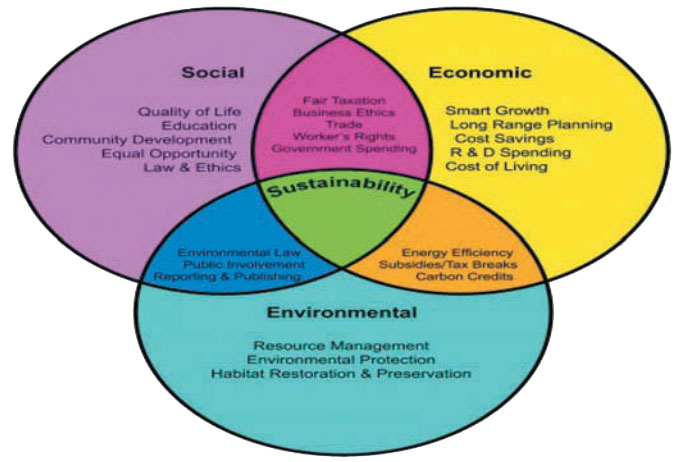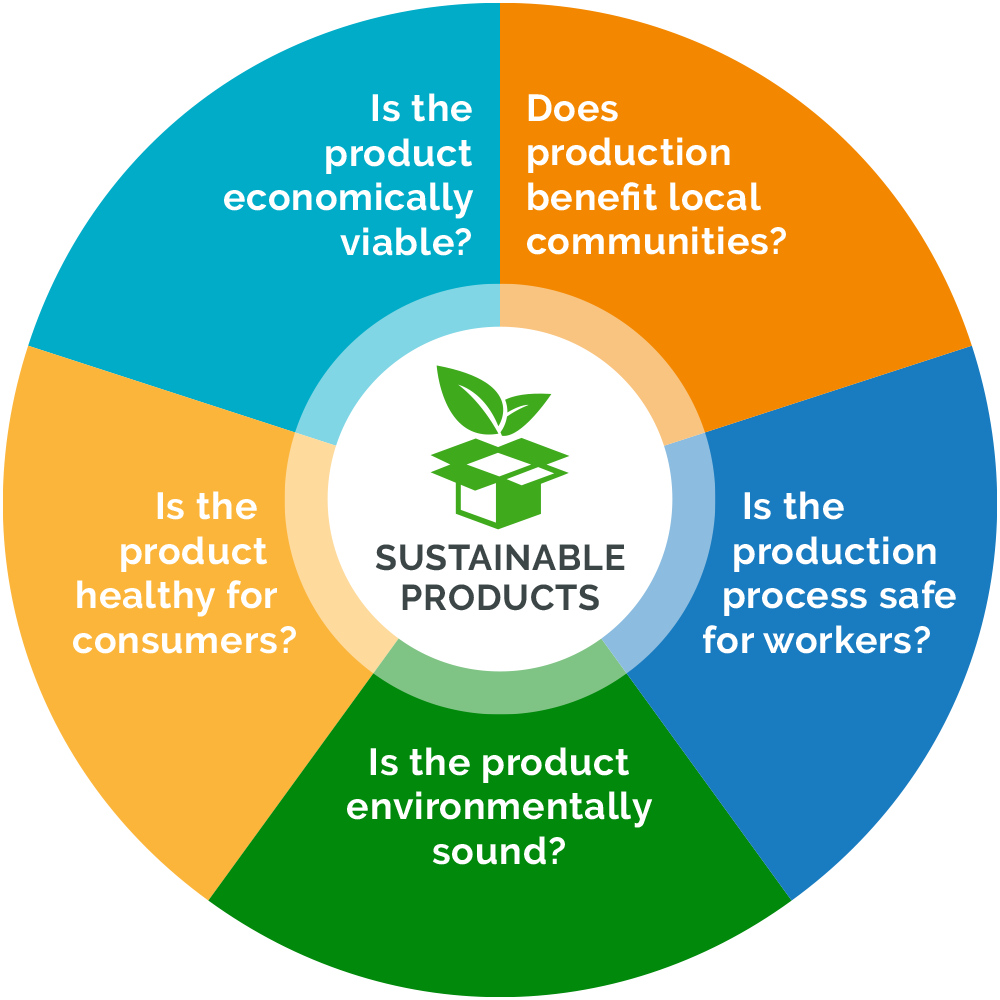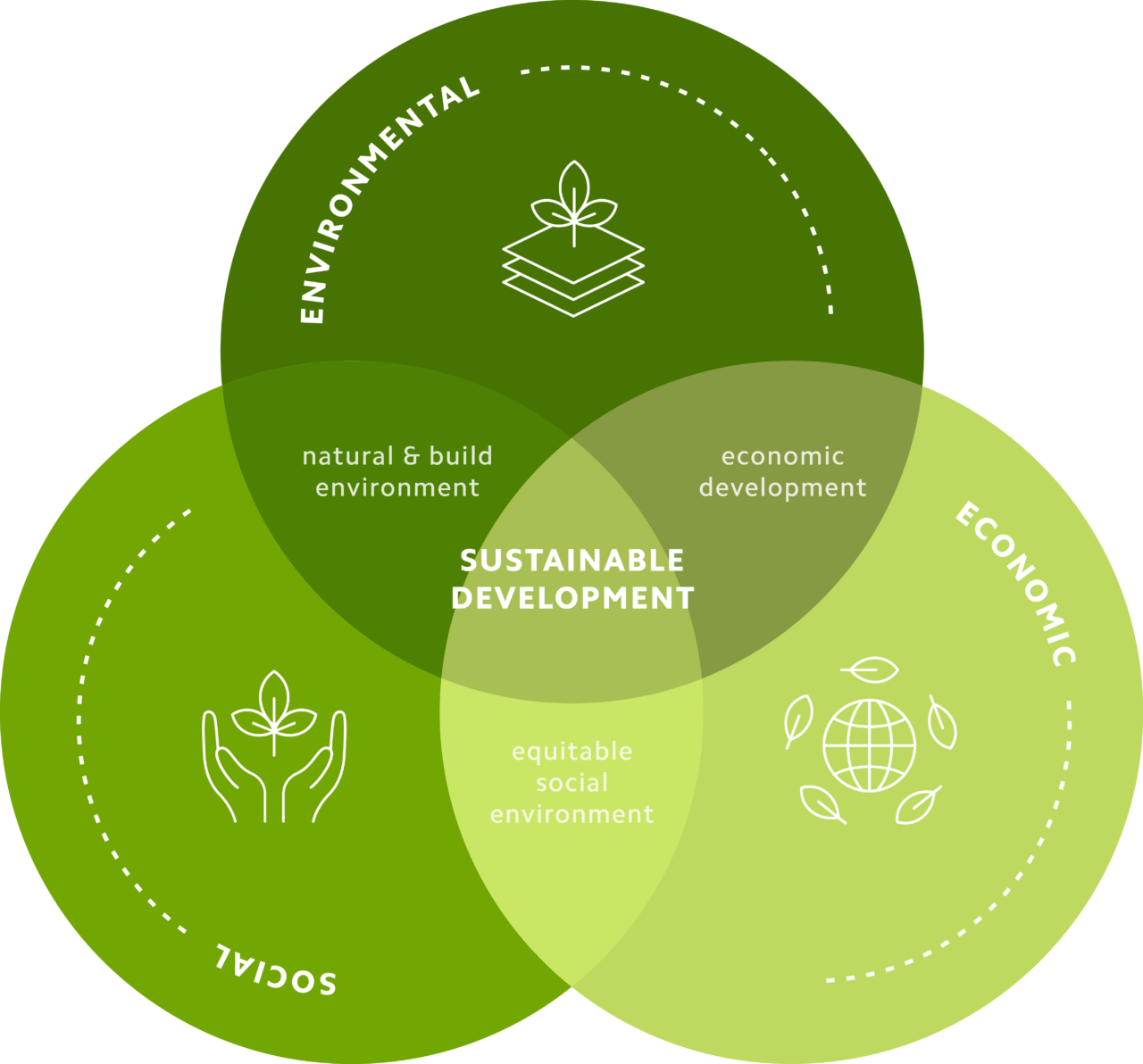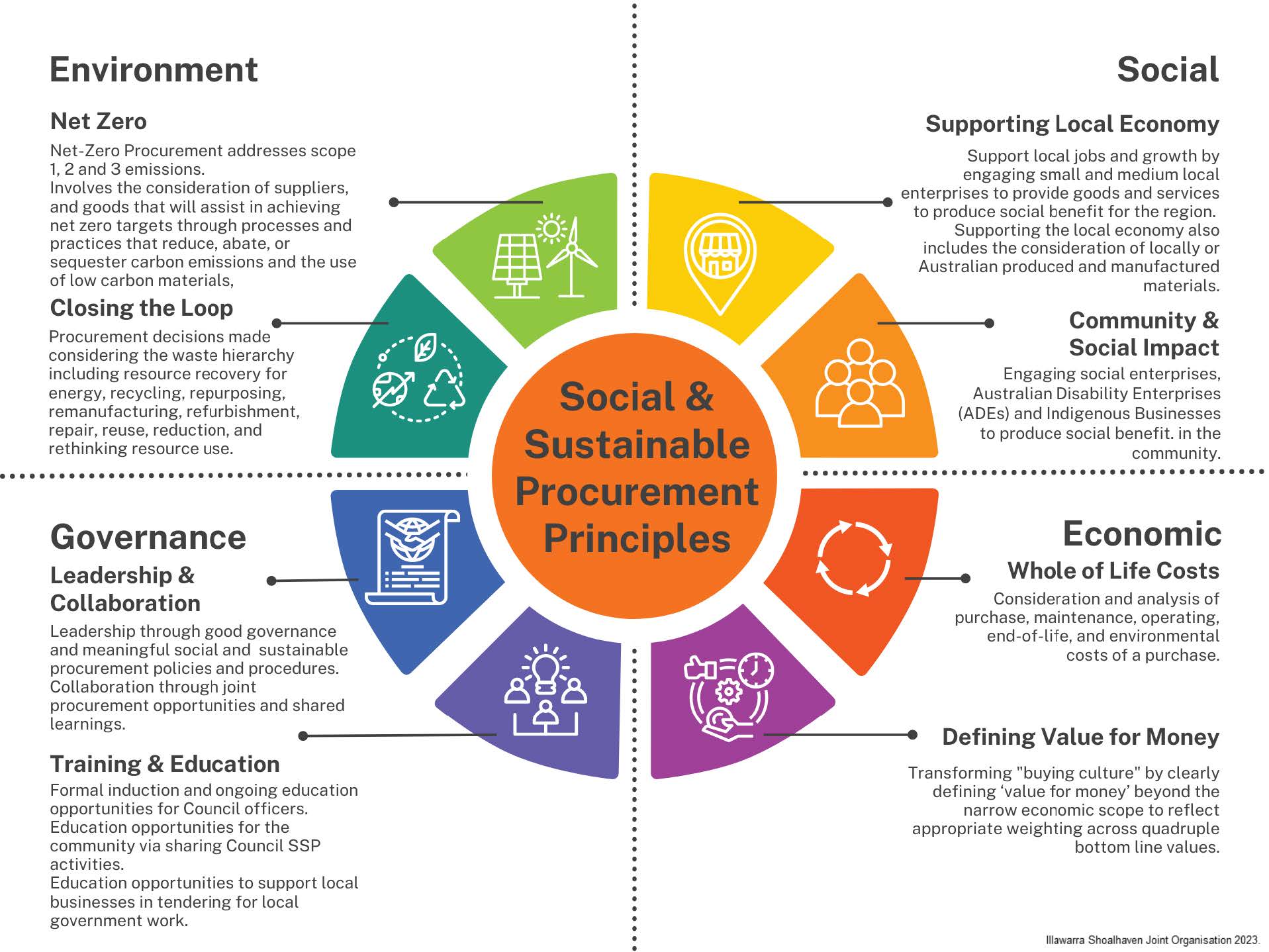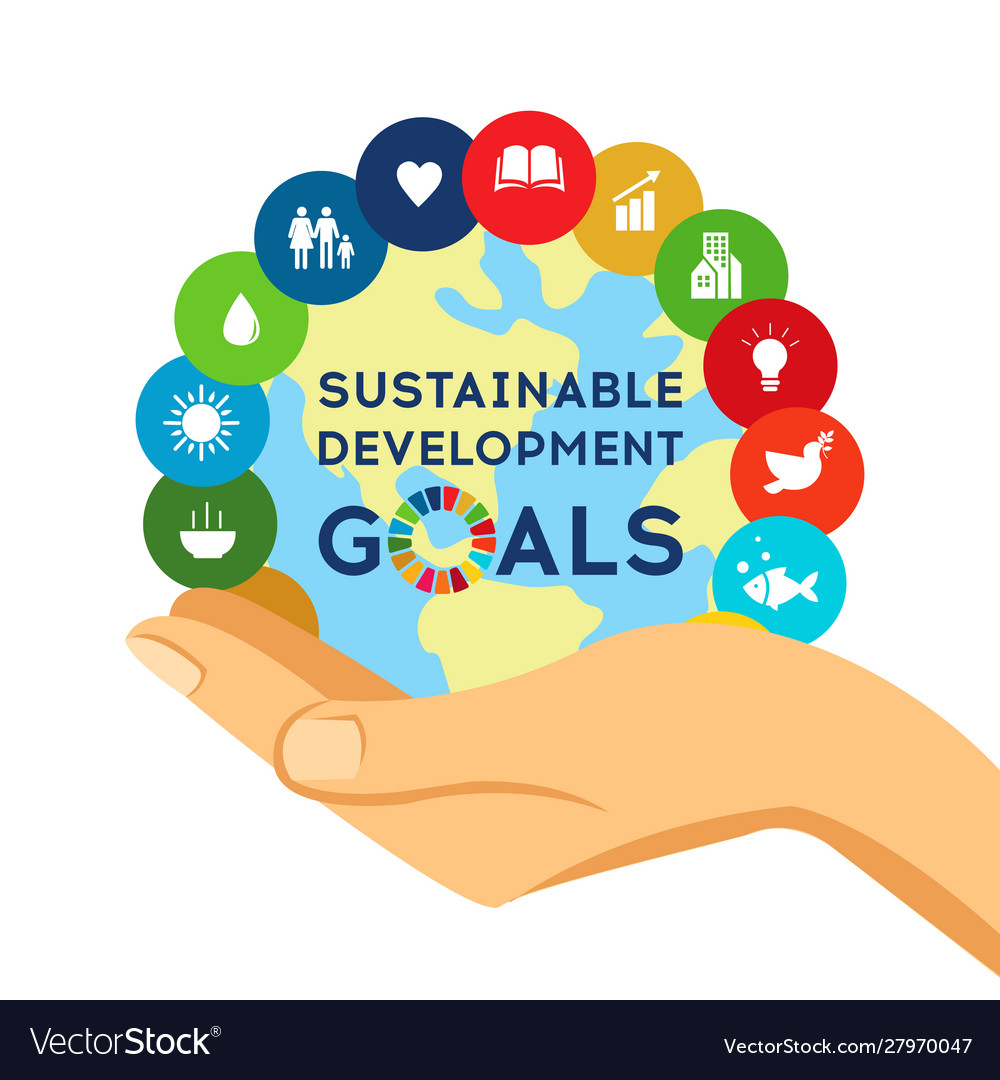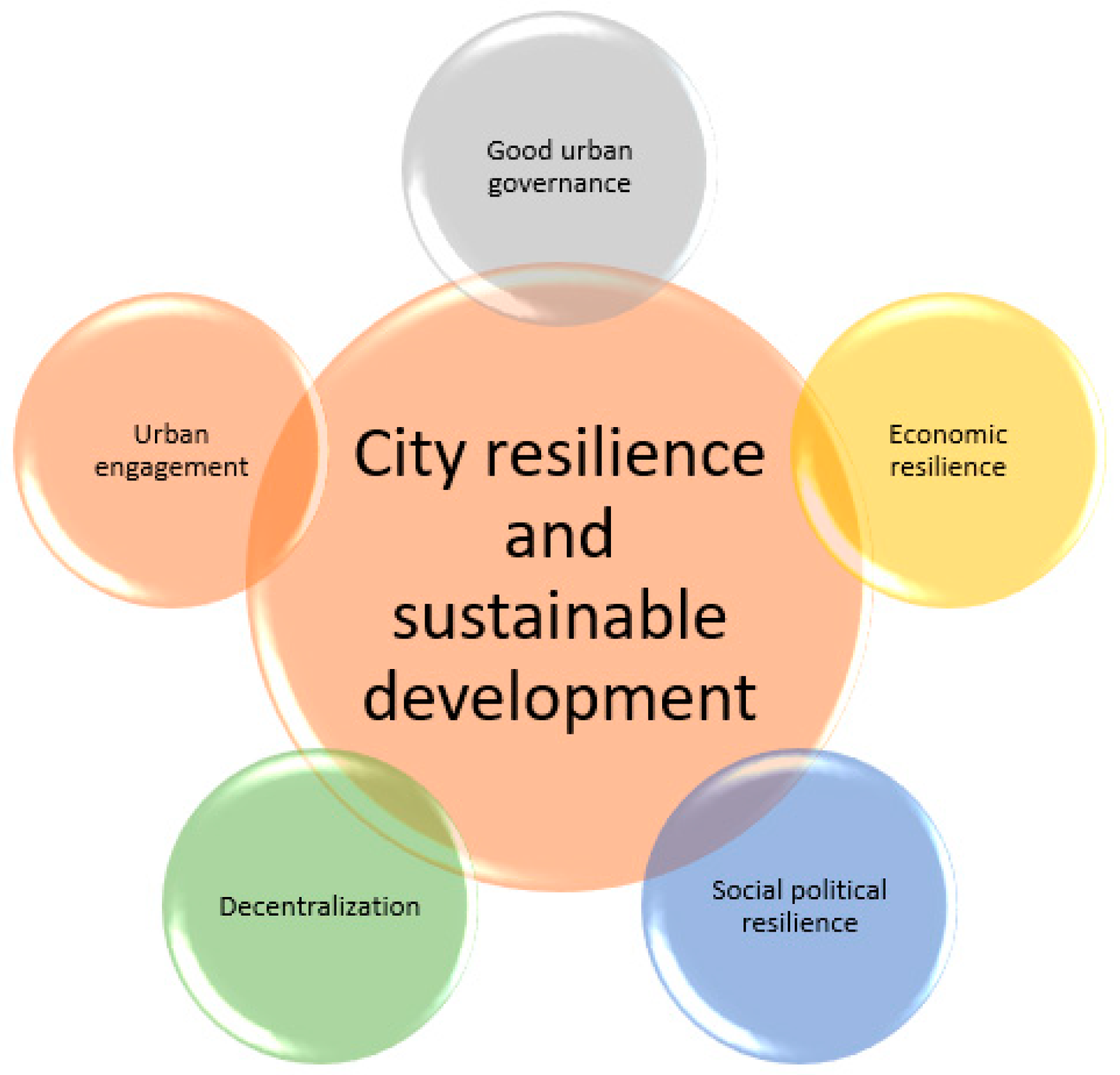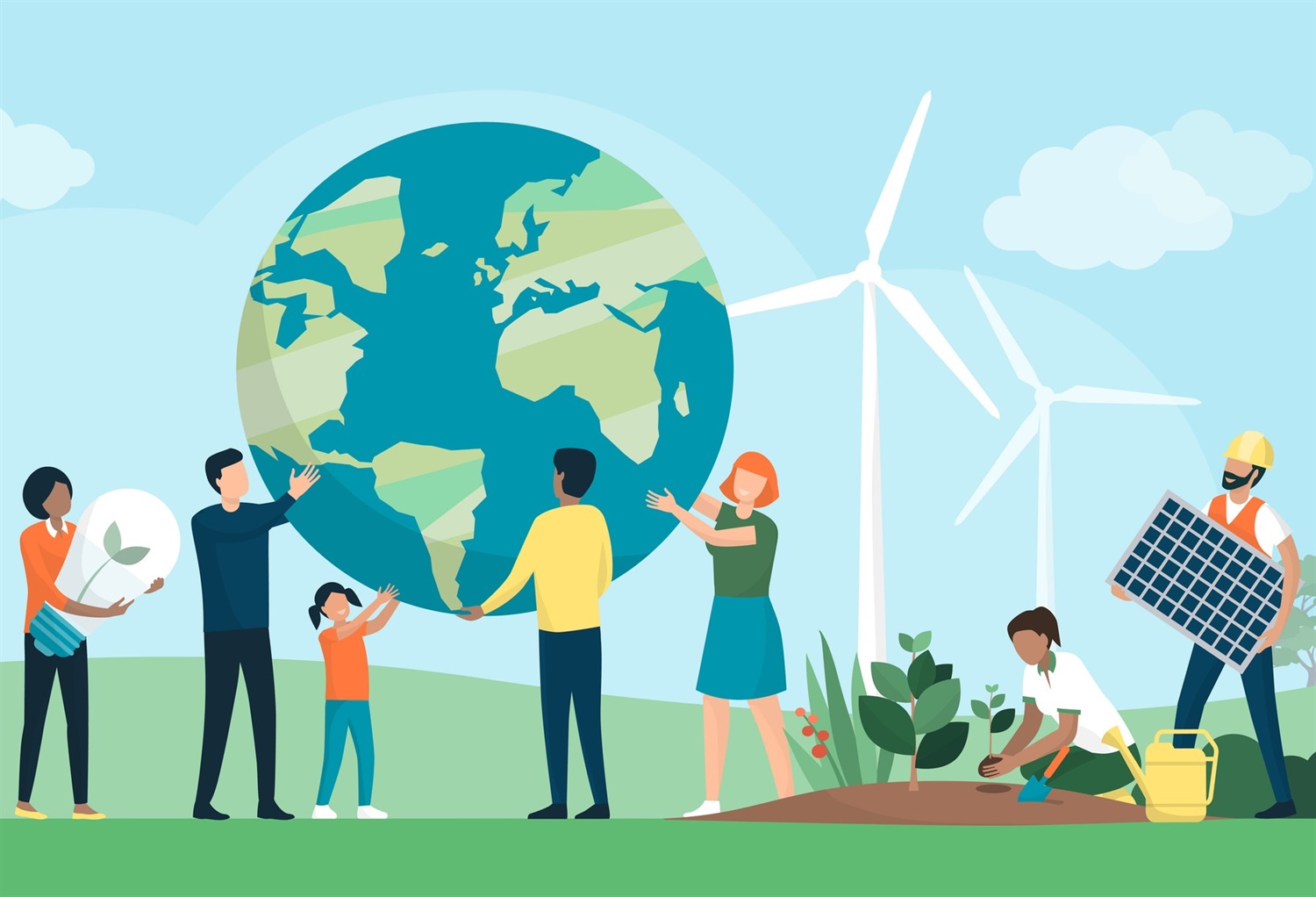How Can Business And Government Ensure Fairness In Sustainable Development

Imagine a bustling marketplace in a small coastal town. Solar panels glint on the roofs, children laugh as they chase each other past stalls overflowing with locally sourced produce, and the air hums with the quiet confidence of a community thriving not just today, but with a clear vision for tomorrow. But beneath the surface, whispers of inequality linger: concerns about access to renewable energy for low-income families, the rising costs of organic food, and the struggle for small businesses to compete with larger corporations boasting "green" initiatives.
This idyllic scene, and the underlying tensions it reveals, encapsulates the challenge of sustainable development. How do we ensure that the pursuit of environmental and economic progress benefits all, not just a privileged few? This article explores the critical roles of both business and government in forging a path toward a fairer and more sustainable future, examining the strategies and collaborative efforts needed to level the playing field and ensure that everyone can participate in, and benefit from, a greener world.
The Promise and Peril of Sustainable Development
Sustainable development, at its core, is about meeting the needs of the present without compromising the ability of future generations to meet their own needs. This involves balancing economic growth, social equity, and environmental protection. The concept gained significant traction after the 1987 Brundtland Report, "Our Common Future," which highlighted the interconnectedness of these three pillars.
However, translating this ideal into reality proves complex. Too often, sustainable practices become synonymous with higher prices or exclusive access, creating a divide between those who can afford to be "green" and those who cannot. This is where the responsibility of both businesses and governments becomes paramount.
Business: Beyond Profit to Purpose
Traditionally, businesses have been driven by profit maximization. But a growing number are recognizing the long-term benefits of incorporating sustainability into their core values. This shift involves more than just window-dressing with superficial eco-friendly initiatives.
Companies are increasingly adopting circular economy models, minimizing waste and maximizing resource utilization. Unilever, for example, has committed to sourcing 100% of its agricultural raw materials sustainably. This involves supporting farmers in adopting sustainable practices and ensuring fair wages.
Furthermore, businesses can drive innovation by developing affordable and accessible sustainable solutions. Social enterprises are at the forefront of this movement. They prioritize social and environmental impact alongside financial returns.
Consider companies like d.light, which provides affordable solar-powered lighting and energy solutions to off-grid communities in developing countries. Such initiatives not only reduce carbon emissions but also improve access to essential services for marginalized populations.
Transparency and accountability are also essential. Companies should be transparent about their environmental and social impact, allowing consumers and investors to make informed choices. Reporting frameworks like the Global Reporting Initiative (GRI) provide guidelines for measuring and reporting sustainability performance.
However, self-regulation is often insufficient. Governments play a crucial role in setting standards and holding businesses accountable. This requires a multi-pronged approach.
Government: Setting the Stage for Fairness
Governments have a unique ability to shape the landscape of sustainable development through policy, regulation, and investment. One key area is creating a level playing field by implementing environmental regulations that apply to all businesses, regardless of size.
This can involve setting emission standards, regulating waste disposal, and promoting sustainable resource management. Carbon pricing mechanisms, such as carbon taxes or cap-and-trade systems, can incentivize businesses to reduce their carbon footprint.
However, it's crucial to ensure that these regulations don't disproportionately burden small businesses or low-income communities. Governments can provide financial assistance, training, and technical support to help smaller enterprises comply with environmental regulations.
Investing in infrastructure is also critical. This includes developing renewable energy sources, improving public transportation, and creating sustainable waste management systems. Public procurement policies can also be used to promote sustainable practices.
Governments can prioritize businesses that demonstrate a commitment to sustainability when awarding contracts. Furthermore, education and awareness campaigns can empower citizens to make informed choices and demand sustainable products and services.
Collaboration between government and business is essential. Public-private partnerships can leverage the expertise and resources of both sectors to achieve sustainable development goals. For example, governments can partner with businesses to develop and implement renewable energy projects or to create sustainable supply chains.
The United Nations Sustainable Development Goals (SDGs) provide a framework for global cooperation on sustainable development. Governments and businesses can align their efforts with the SDGs to address global challenges such as poverty, inequality, and climate change.
Addressing Specific Challenges
Several specific challenges require targeted solutions. One is ensuring access to affordable clean energy for low-income communities. Governments can provide subsidies or tax incentives to make renewable energy technologies more accessible.
Community solar programs can also enable residents to collectively invest in and benefit from solar energy. Another challenge is promoting sustainable agriculture. This involves supporting farmers in adopting practices that reduce pesticide use, conserve water, and improve soil health.
Governments can provide financial assistance and technical support to farmers who transition to sustainable farming methods. Fair trade practices can also ensure that farmers receive fair prices for their products.
Addressing the issue of greenwashing is also critical. Greenwashing refers to the practice of making misleading or unsubstantiated claims about the environmental benefits of a product or service. Governments can implement regulations to prevent greenwashing and ensure that consumers have access to accurate information.
Independent certification programs, such as Fairtrade International and the Forest Stewardship Council (FSC), can also help consumers identify genuinely sustainable products.
Conclusion: A Shared Responsibility
Creating a fair and sustainable future requires a fundamental shift in mindset. Businesses must move beyond profit maximization to embrace a broader sense of purpose. Governments must create a regulatory environment that incentivizes sustainable practices and ensures that the benefits of sustainable development are shared equitably.
Ultimately, sustainable development is not just about environmental protection or economic growth; it's about creating a society where everyone has the opportunity to thrive. It's about building communities that are resilient, equitable, and vibrant.
As we return to that imagined marketplace, let's envision a future where the whispers of inequality have faded, replaced by the confident hum of a community working together to build a better world for all. A world where sustainability is not a privilege, but a right.
